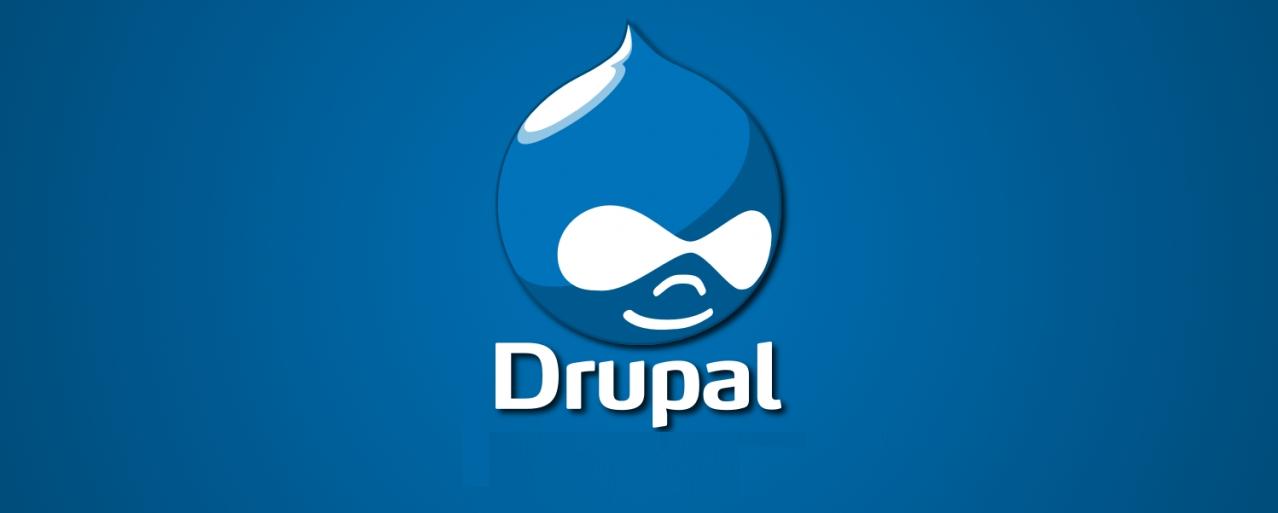Originally designed in 2001, Drupal soon became the provider for back-end framework for at a huge array of websites worldwide and it is used from personal blogs to knowledge and education sites, business collaboration or even political blogs.
Drupal is open source and it is also a Content Management System (CMS), meaning it allows organizing, managing and publishing your content on your websites. Drupal is constructed using the PHP environment and has GNU (General Public Licence) that gives everyone the freedom to share and download. Whitehouse.gov, Economist, Standford University or Examiner.com are businesses that use Drupal.
A development team, when charged with the task of building your website, takes the decision of what development software to use, because the success of your website will depend only on the software tools used to develop. You surely don’t want your site to deliver less or have a website that malfunctions.
Why you should choose Drupal?
When searching for quality development, Drupal is the CMS to have. Better reliability and scalability makes it more needed when you want your business to succeed. For starters, it is a free software and it’s open-source, how cool is that?
When using Drupal, you should know that it is very resourceful. You can use it to manage a simple personal blog or you can manage an entirely complex system. If you use it for simple easy tasks, Drupal’s abilities are kind of wasted, so your plan is to build a website that thrives in everything and beyond.
Drupal has multiple functionalities
You want to use the advantage Drupal gives you. Think of these: forums, calendars, polls and polls management, graphics, videos, granting permission levels of diverse sorts, managing work flows. Multiple user functionalities means “very useful” when creating a website for enterprises, for example.
Drupal is SEO Friendly
You want your website content to rank higher on all the major search engines (Google, Bing, Yahoo). Drupal’s SEO modules provide many options to make the content visible in a search engine, on the top shelf (first pages for that matter). The major search engines are content driven and they all give priority to high quality content.
Drupal is intuitive
The most shared example in this case is using voting results to promote good stories over bad or negative ones. Your website should have an audience, and Drupal comes in with mechanisms that helps managing this audience very easily.
Drupal is secure
The proof in this case is the fact that so many government websites, including the Whitehouse itself are built and managed with Drupal. The security features are always updated, so if you have a website that carries sensitive information, Drupal is the obvious choice.
Drupal has powerful networking abilities
If you have a campaign website in the works, the collaborative capabilities and networking features of Drupal puts this open source in the first place for choosing.
Developers back Drupal up and update it
The Drupal community is huge and full of members who create software solutions. This way, Drupal is making ambitious technology before it even makes its way to the market.
If you have a website that supports different examples of content or touches different topics, the best fit is using Drupal and constructing it in such a way that it fulfills your category needs, being it a government website, or a bakery, a supermarket, even a university.




